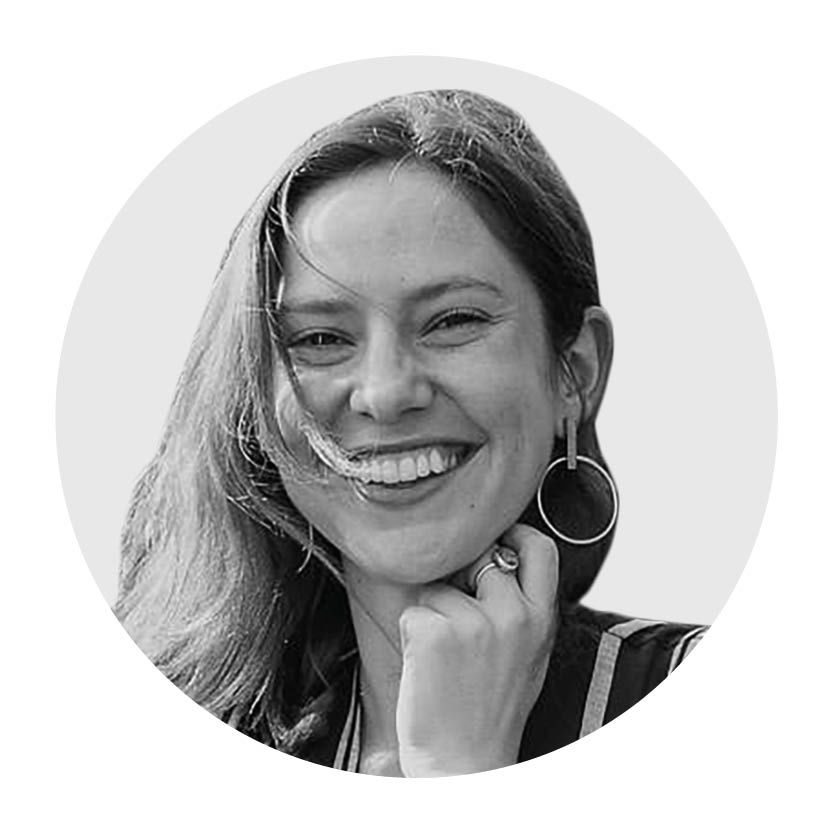SEEKING
REFUGE

For many individuals wishing to claim asylum in the UK, the chance to access free legal advice and support with a ‘fresh claim’ for asylum can be crucial in obtaining refugee status and effectively beginning their life in the country. Through the Refugee Law Clinic, we are bridging the gap in legal service provision, helping to provide access to justice for some of the most vulnerable members of society.
Established in 2020, the Refugee Law Clinic (RLC) is an intercollegiate project of the University of London, which operates from the Institute of Advanced Legal Studies, part of the School of Advanced Study. The RLC is based on a model of Clinical Legal Education to provide pro bono (free) legal advice for refugee clients. Clinical Legal Education is, in brief, the opportunity for students to gain practical experience by working on real legal cases under the supervision of a qualified expert lawyer.
How it started
The Clinic was developed with support from 10 of the University’s Member Institutions: Birkbeck, University of London; City, University of London; Goldsmiths, University of London; King’s College London; London Business School (LBS); the London School of Economics and Political Science (LSE); Queen Mary University of London; Royal Holloway, University of London; SOAS University of London; and UCL. Students from these Member Institutions have the opportunity to gain practical experience in refugee law by volunteering in the Clinic.
In all, the Clinic facilitates specialist training and volunteering opportunities for around 50 University of London students and 50 volunteer lawyers each year.
At the Clinic, we have a strong focus on working with, rather than for, our clients, and we seek to engage them in understanding the work that is being done on their case.
We developed partnerships with Macfarlanes LLP and Clifford Chance LLP, who each offer their lawyers the opportunity to volunteer with the Clinic. We are very grateful for the vital philanthropic support that these law firms provide as our founding partners. We also extend our sincere thanks to the Migration Foundation and the Worshipful Company of Drapers, as well as a charitable foundation which made an anonymous gift, for their generous support of this important initiative.
The importance of fresh claims
The main legal focus of the Refugee Law Clinic is on advising and preparing fresh claims for asylum, which is the process whereby someone who has already had their asylum claim considered then provides further evidence or detail related to their case. This might be because of changes in their circumstance, or that they are now able to obtain evidence that they didn’t have when their asylum claim was first considered. The result of a fresh claim can be that someone who was previously denied asylum can obtain refugee status in the UK, so it is really important legal work.
Fresh claims are also a fascinating area of law for volunteers to learn from, as they involve looking back through past decision making and legal representations, as well as collecting witness statements and gathering evidence. At the Clinic, we have a strong focus on working with, rather than for, our clients, and we seek to engage them in understanding the work that is being done on their case. This is facilitated through practices such as reading through advice letters in full with an interpreter, and taking the time needed to prepare statements.
Importantly, the Refugee Law Clinic is filling a gap in service provision for asylum seekers in the UK. Many people seeking to submit fresh claims have particular difficulties in accessing legal services, which left large numbers without representation or paying high fees. Many of our referral partners have expressed how thankful they are that they now have somewhere they can refer these cases.
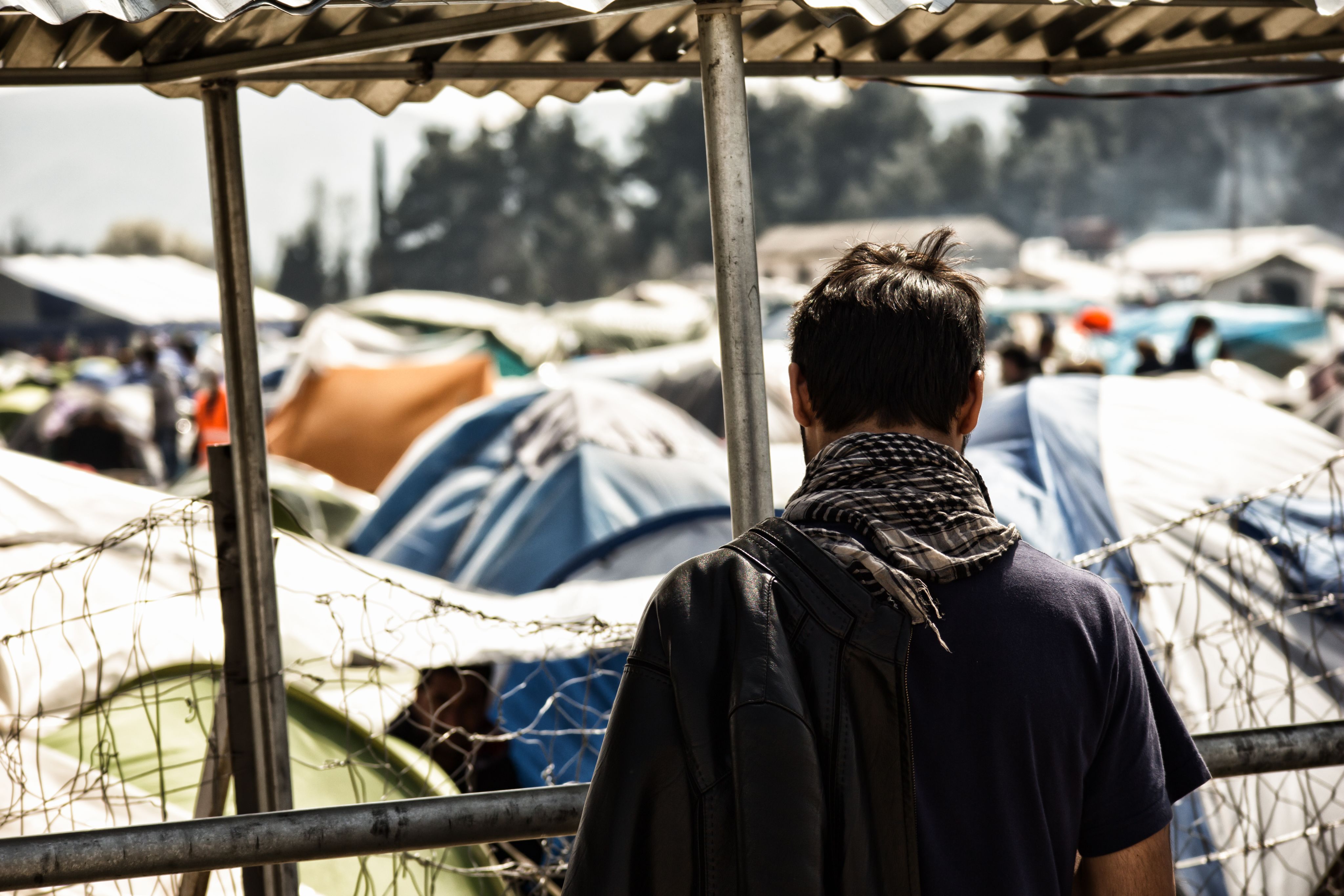
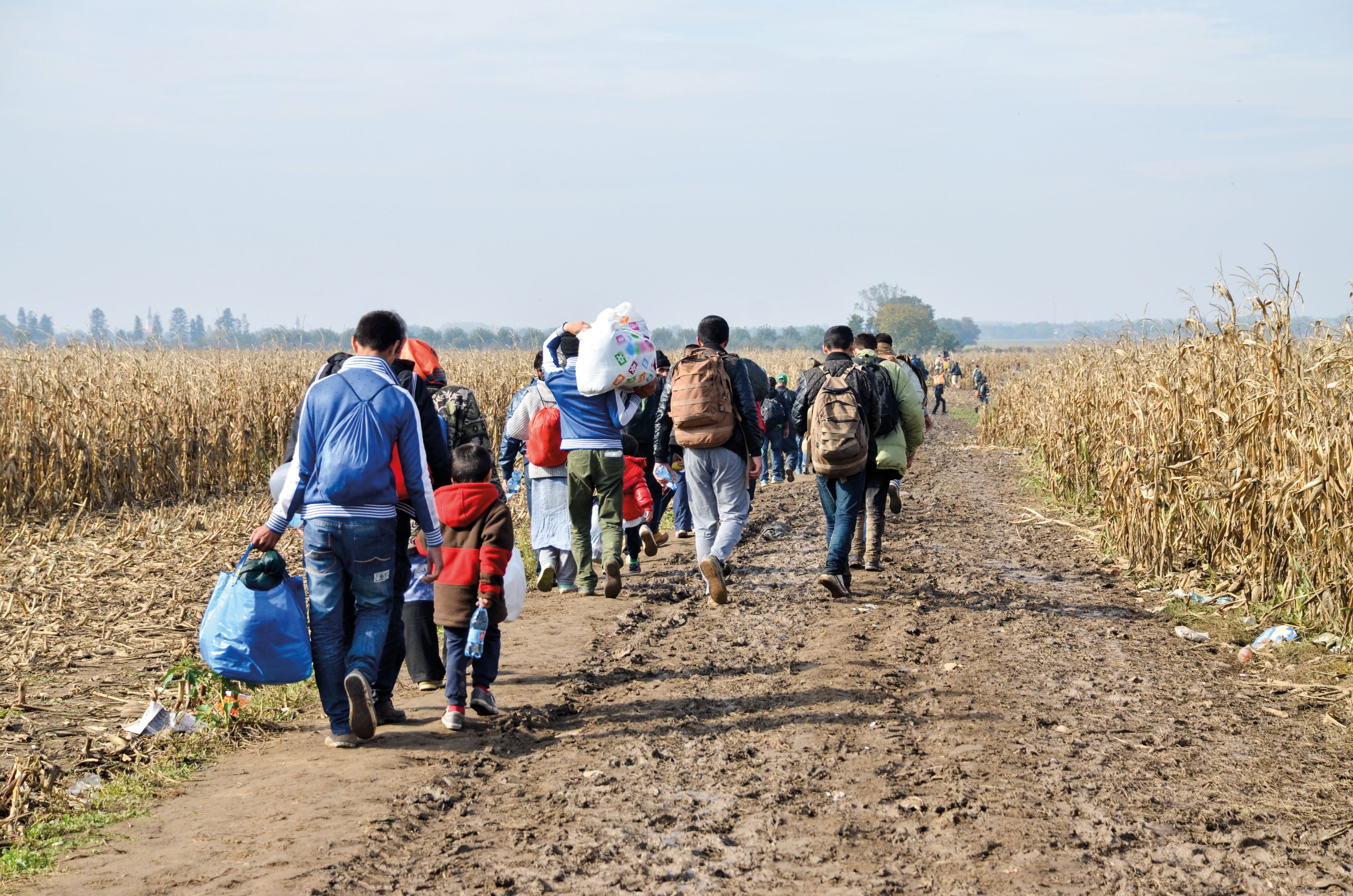
Making an impact
As the Clinic Coordinator for the Refugee Law Clinic, it’s been exciting to see it develop over the past year. Since opening for referrals in August 2020, the Clinic has so far had over 70 referrals and we have started work on over 40 cases. Volunteers in the Clinic have worked on a range of cases thus far, including: cases with disputed nationality (particularly Eritrean/Ethiopian cases); cases with likely trafficking situations; and cases where there had previously been poor legal advice. The Clinic has so far submitted five fresh claims, supported another client to gain a right of appeal to the First-Tier Tribunal, and has referred another case to a specialist provider.
For law students, Clinical Legal Education programmes such as the RLC are highly beneficial and formative, developing their practical experience and interest in social justice work. In drawing in commercial lawyers from our partnering law firms, the Clinic also seeks to build interest in refugee and asylum law, to support these lawyers to develop a secondary specialisation, as well as encouraging networking and ongoing connections with University of London students.
The Clinic has received positive feedback from its clients, with one stating that it was the most supported he had felt with his case, and that he had confidence in the fresh claim we were going to submit. Feedback from the Member Institutions involved has also been very encouraging.
The Refugee Clinic must be highly commended for its innovation and much-needed service that is often neglected. The students at Royal Holloway have provided outstanding feedback and have enjoyed being part of this Clinic.
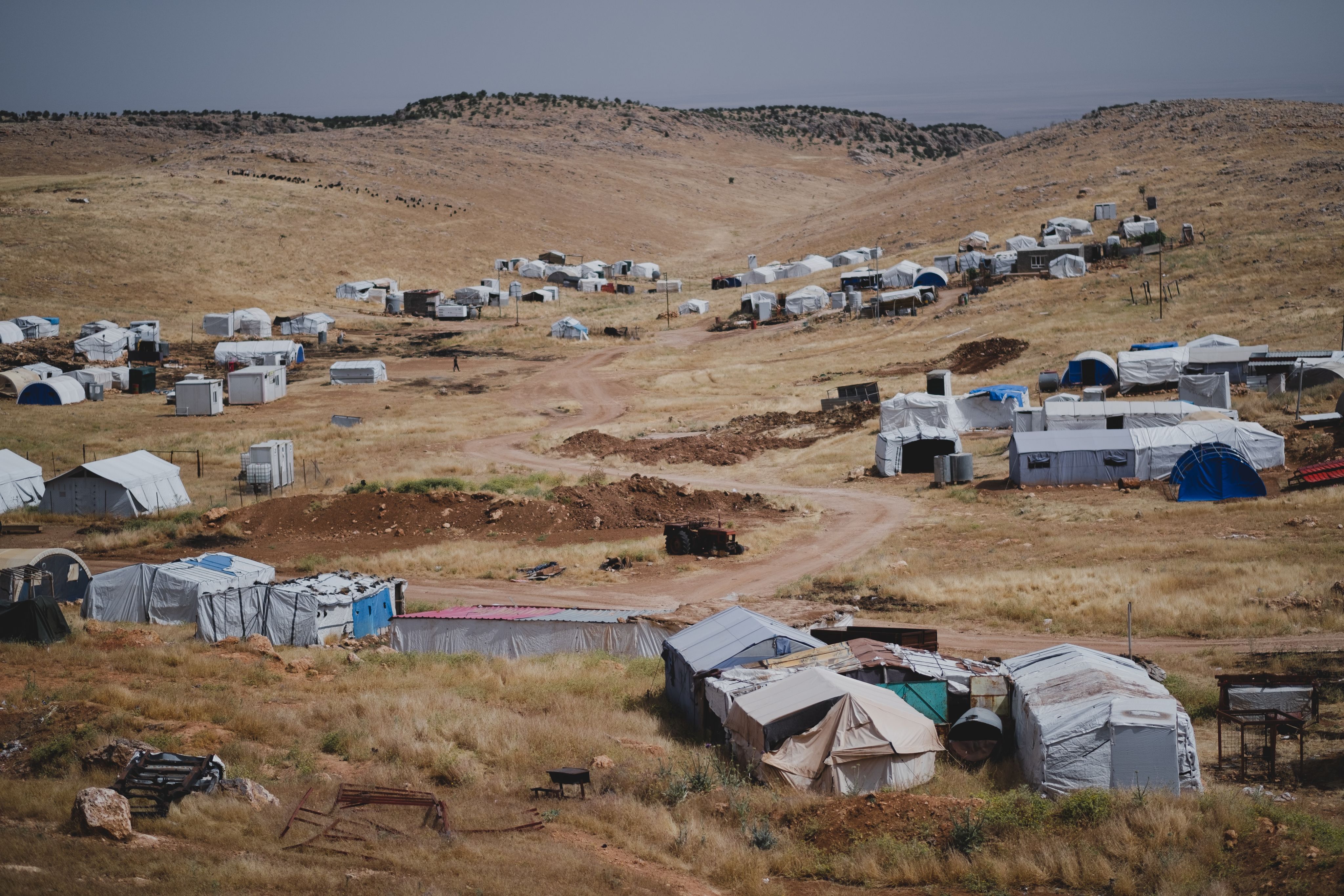
It’s a great opportunity for the different Member Institutions of the University of London to come together and help serve an unmet legal need and provide a valuable learning experience for our students. Our students are very keen to volunteer at the clinic and have found the experience rewarding.
Looking forward, we are working towards the Refugee Law Clinic becoming a centre of excellence in the field of fresh claims. We hope to both train and inspire our volunteers and to support many clients to obtain protection in the UK.
The Clinic celebrated its launch with a virtual event in May 2021, which you can watch here: youtu.be/Qa4ggC6vzNY
Case study
Abel (not his real name) has been in the UK for 12 years and has been refused asylum twice, in 2009 and 2013. He is from a country with a poor human rights record, where political and religious dissidents may be imprisoned or killed and leaving the country without permission is a criminal offence. This was recognised by the Home Office, but he was refused international protection because it was not accepted that he was a member of a prohibited religious congregation.
Volunteers have examined Abel’s long case history and identified weaknesses in the previous applications presented. They have then spent time identifying ministers and friends who are able to confirm his religious affiliation, interviewing them via phone and video to draft their statements, as well as obtaining a statement from the client. The result is a strong case that establishes that Abel has 12 years of regular attendance at church and several witnesses who can speak about his faith and belief. The case that can now be presented is significantly stronger and has a realistic prospect of being granted refugee protection.
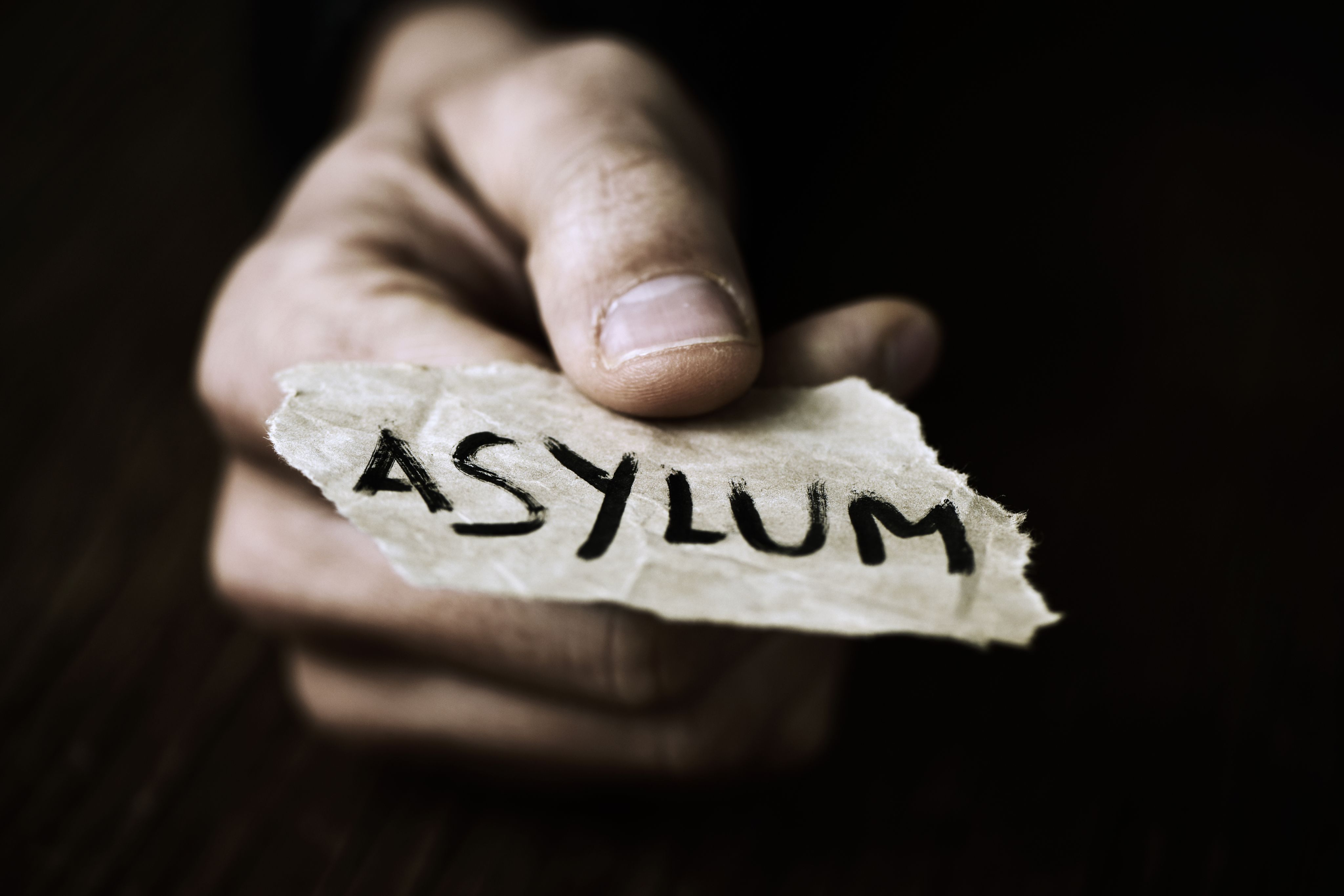
To find out more about the Refugee Law Clinic, including ways that you can support it, please visit: rli.sas.ac.uk/refugee-law-clinic
Susan Reardon-Smith is Clinic Coordinator for the University of London Refugee Law Clinic.


